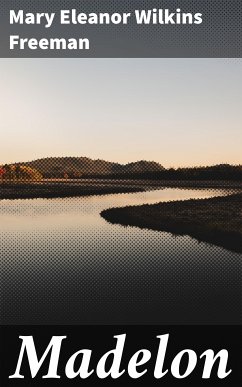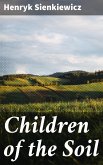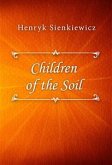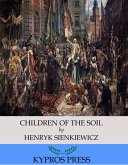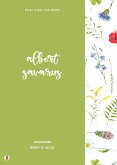In "Madelon," Mary Eleanor Wilkins Freeman crafts a poignant narrative that explores the complexities of female identity and societal constraints in late 19th-century America. Set against the backdrop of changing social norms, this novella presents Madelon, a young woman grappling with her aspirations and the weight of familial expectations. Freeman's literary style combines lyrical prose with keen psychological insight, allowing readers to delve into Madelon's internal struggles, framed by vivid descriptions and rich symbolism that reflect the tension between personal desire and societal roles. Mary Eleanor Wilkins Freeman, a prominent figure in American literature, often drew from her own experiences as a New Englander and a woman in a male-dominated literary world. Her works frequently feature strong female protagonists and address themes of independence and resilience. Freeman's firsthand observations of the societal limitations placed on women during her time imbue "Madelon" with authenticity, as she intricately weaves her character'Äôs journey with the realities of her own life. "Madelon" is a compelling read for anyone interested in feminist literature, American regionalism, or the complexities of personal sacrifice. Freeman's nuanced storytelling not only illuminates the challenges faced by women but also invites readers to reflect on their own societal roles. This novella is a treasure trove of insight that resonates with modern audiences seeking to understand the historical foundations of female agency.
Dieser Download kann aus rechtlichen Gründen nur mit Rechnungsadresse in A, B, BG, CY, CZ, D, DK, EW, E, FIN, F, GR, H, IRL, I, LT, L, LR, M, NL, PL, P, R, S, SLO, SK ausgeliefert werden.

